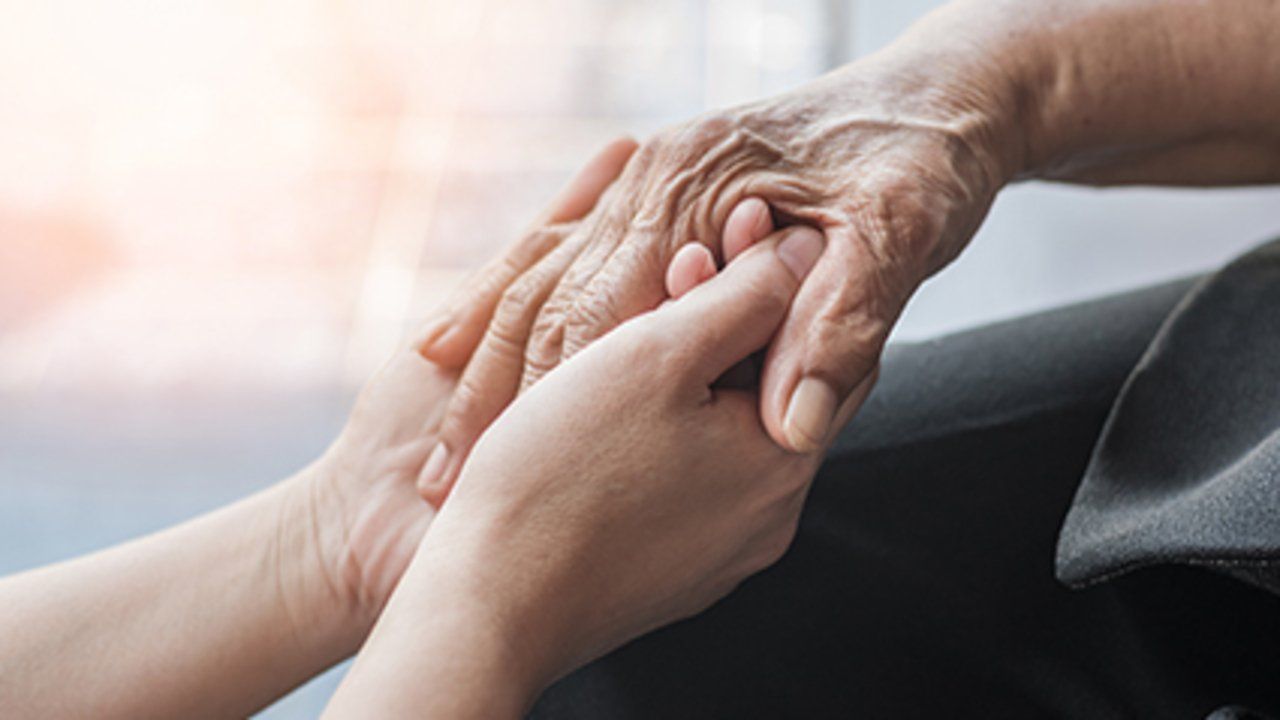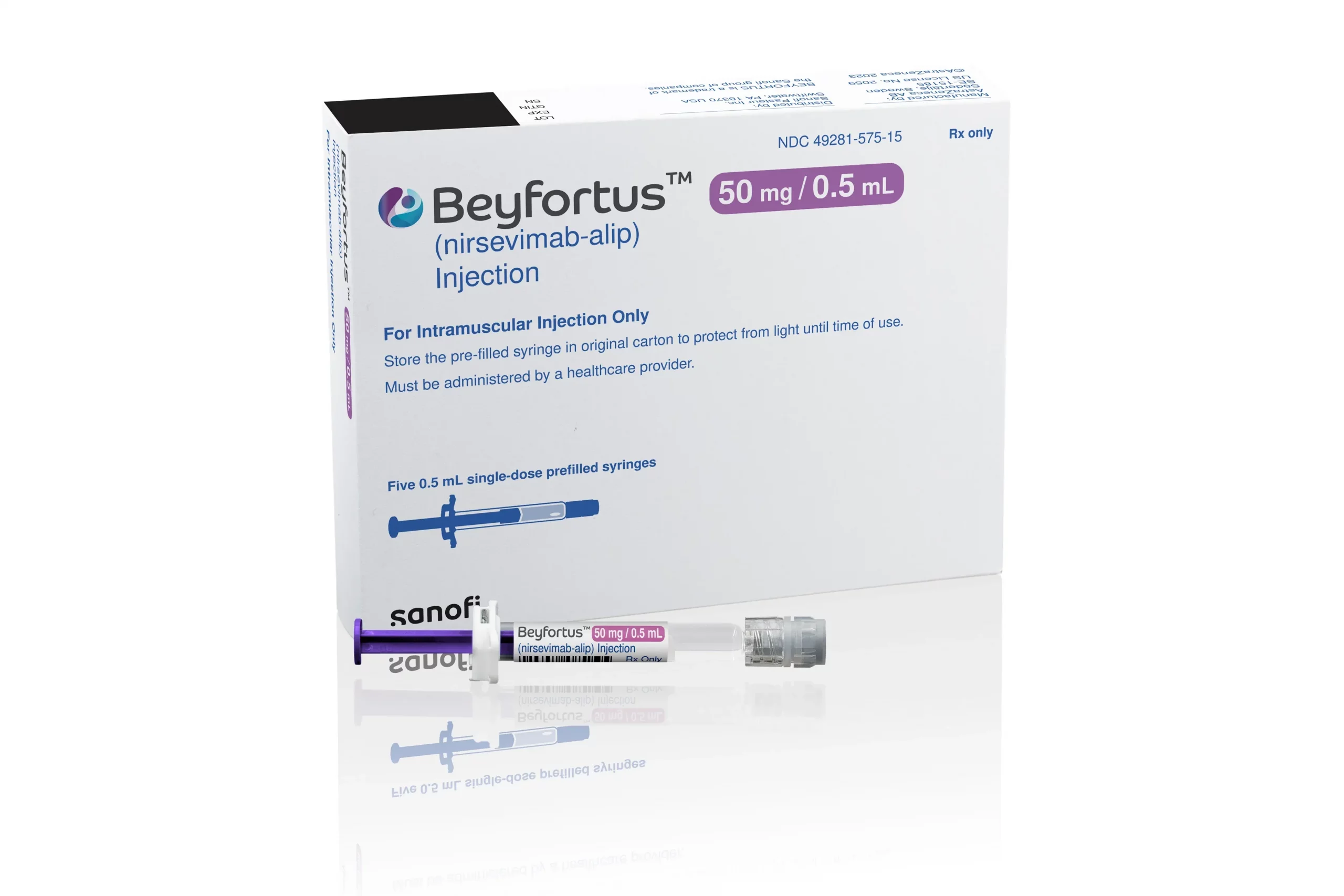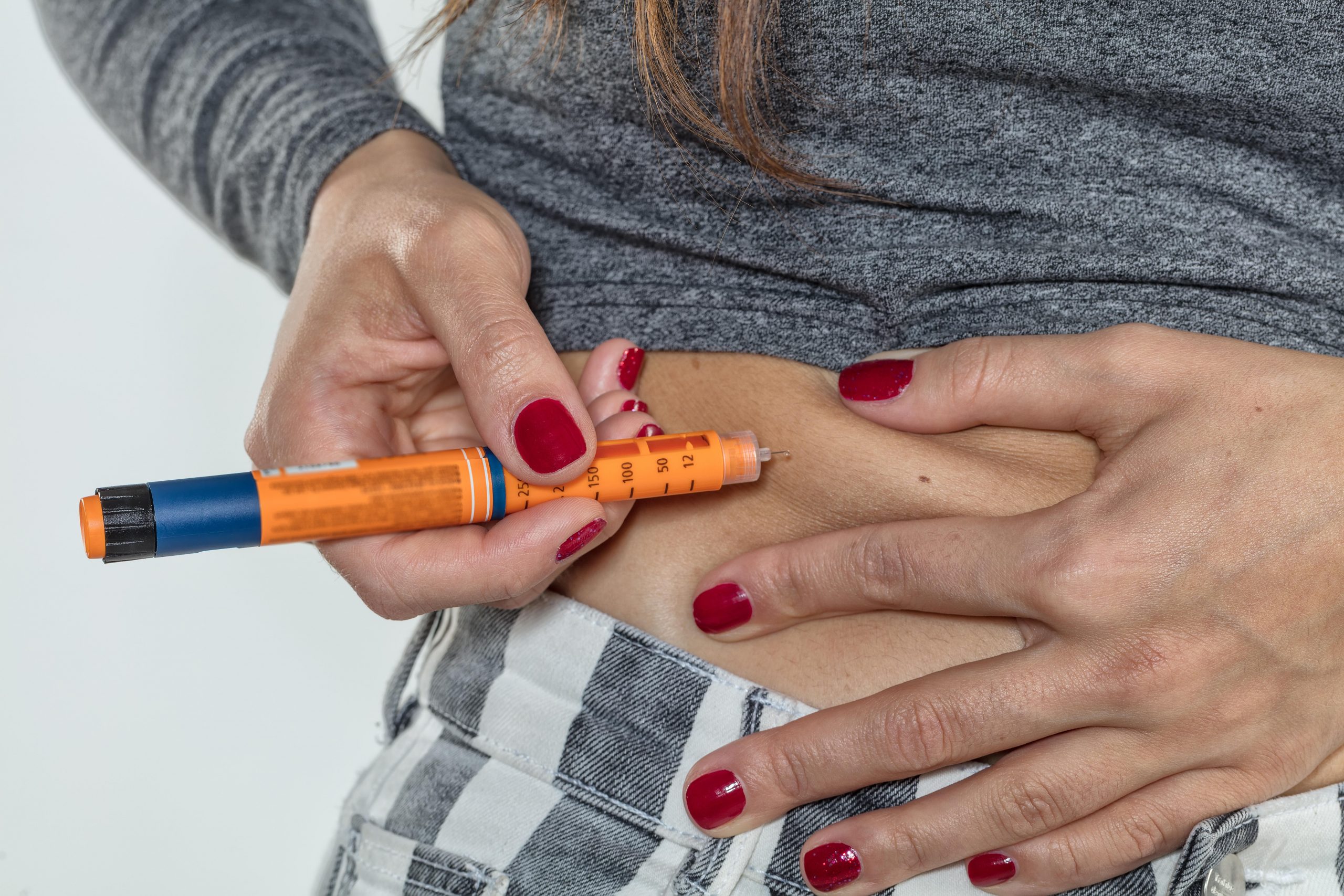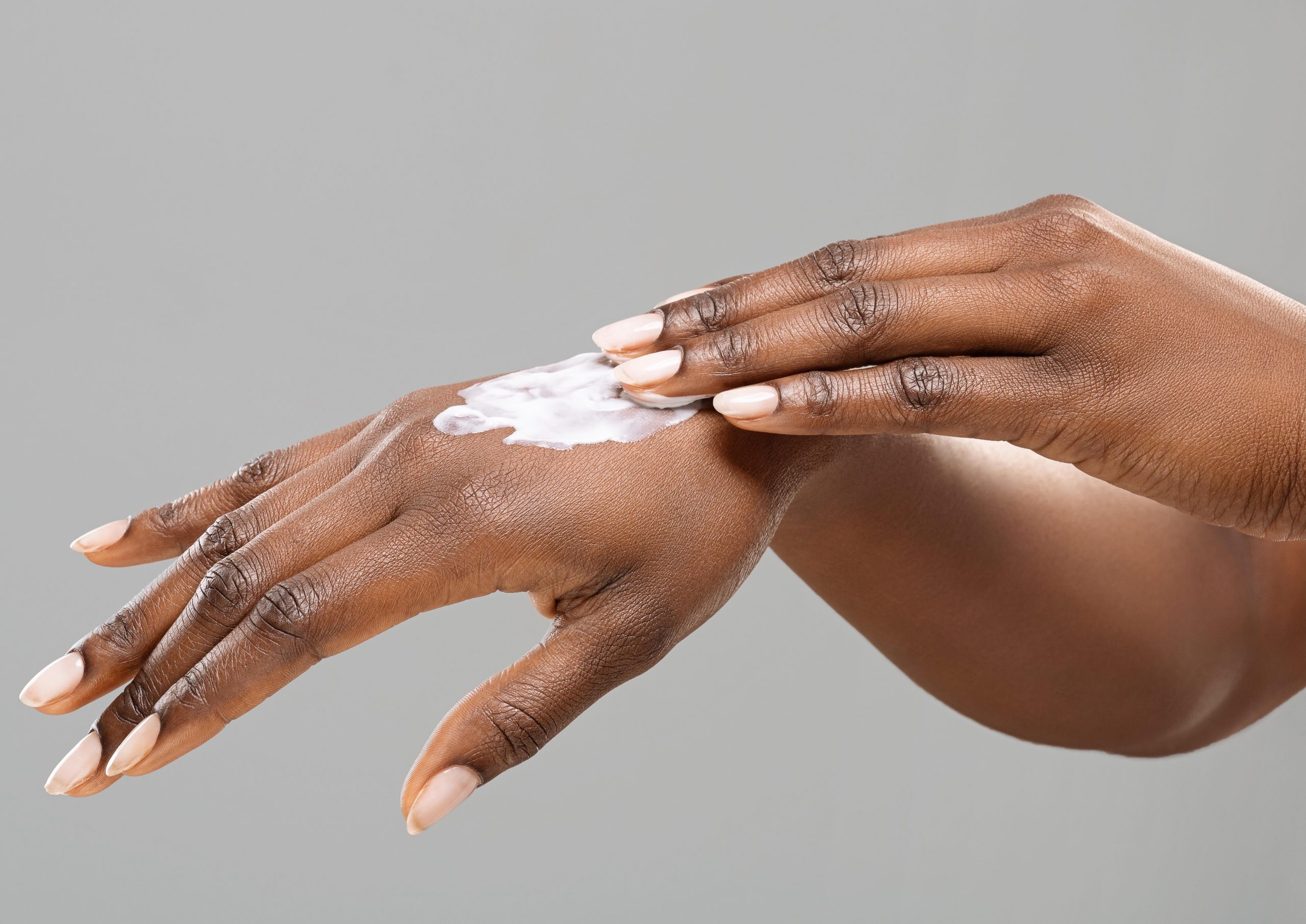
A new study offers the first-ever county-level estimates of Alzheimer’s disease in the United States. It shows that the East and Southeast have the highest prevalence of Alzheimer’s dementia, which researchers said may owe in part to the higher percentages of older people, and Black and Hispanic residents in those regions. The study covered all… read on > read on >






























